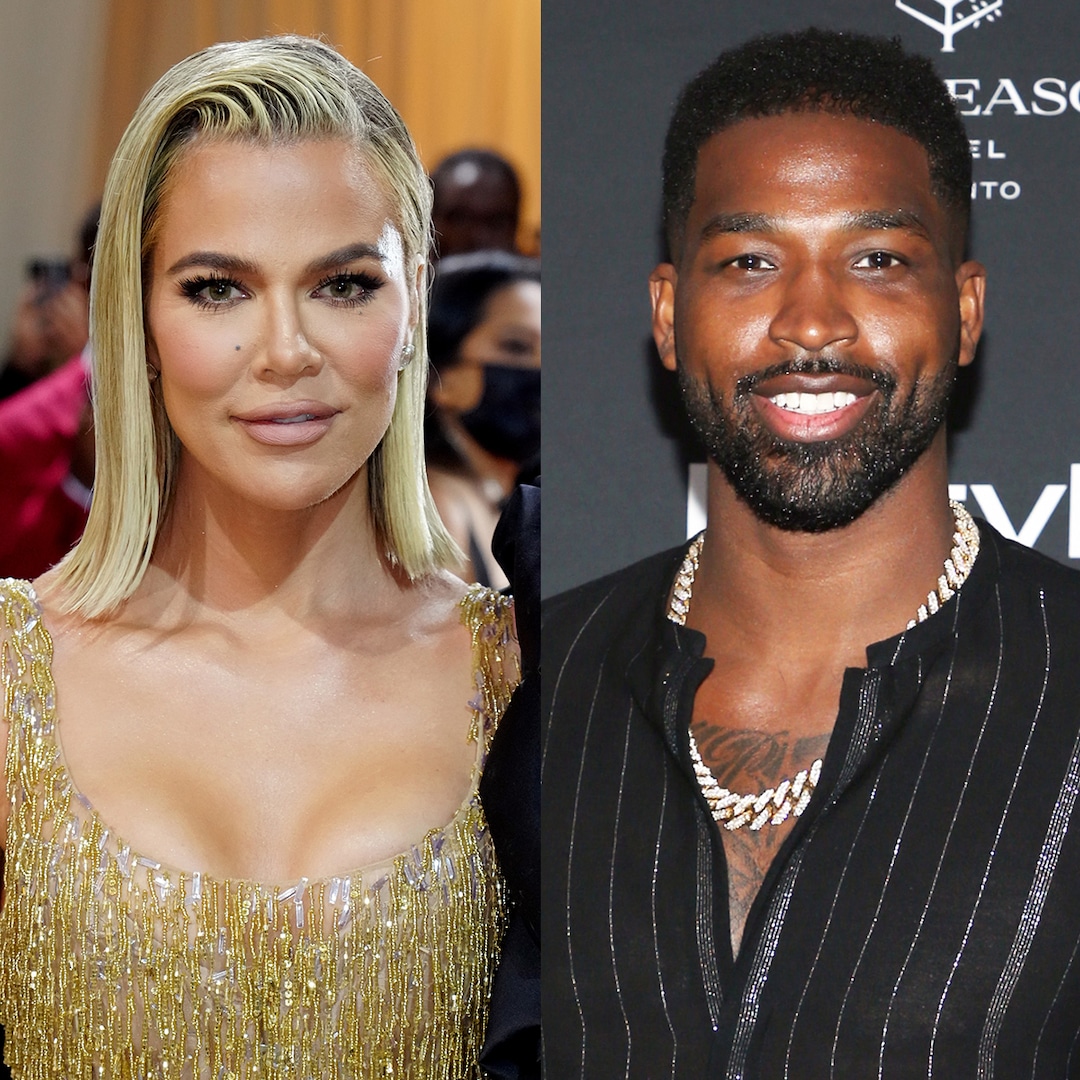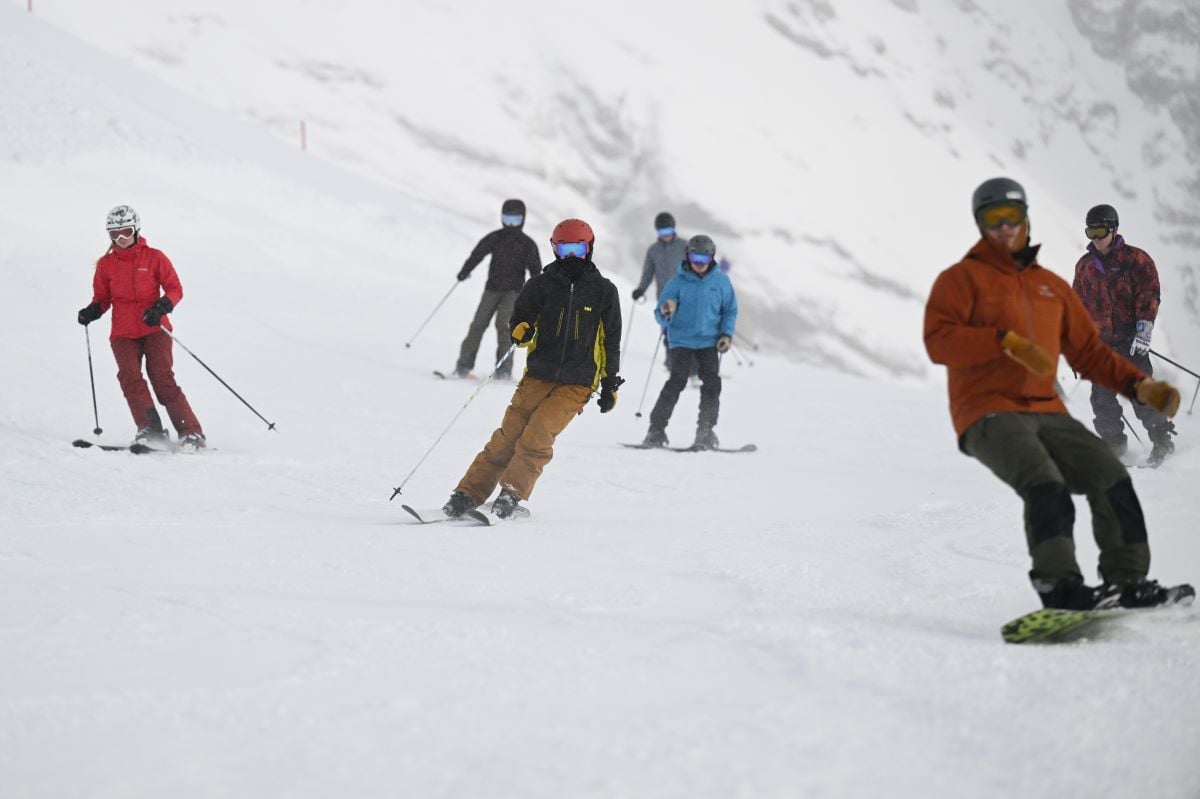It might be nice one day to wake up and feel serene—even hopeful—about the state of American politics. To know that all of those people who have been warning about the growing threat to democracy are way ahead of their skis. But today is not that day.
Arizona Republicans are nominating an entire cast of characters who argue not only that Donald Trump won the election in 2020, but also that the state’s results should be decertified—a process for which there is no legal basis. These Trump-endorsed candidates—Kari Lake for governor, Mark Finchem for secretary of state, Abraham Hamadeh for attorney general, Blake Masters for senator—all won their respective primaries this week and are now one election away from political power.
Some strategists might frame these Republican wins as a gift to Democrats, and you can look at it that way. Democrats will be more competitive in the upcoming midterms than they might have been if more reasonable Republicans were on the ballot. Moderates and independents abound in Arizona, and they aren’t going to be excited to vote for a passel of kooks. But that doesn’t change the simple fact that the fundamentals are on Republicans’ side this year: Joe Biden is still unpopular; inflation is still high; America might soon be entering a recession.
“Nobody should be popping champagne,” Sarah Longwell, a Republican strategist and the publisher of The Bulwark, told me. “This is the most antidemocracy slate of candidates in the country. We’re in a very dangerous situation.”
“Stop the Steal” candidates are running—and winning—all over the country. But Arizona concentrates a lot of them within a single geographic area—like an ant farm of election deniers.
Lake might prove the most significant of these candidates. Lake’s lead over her top Republican opponent, Karrin Taylor Robson, had grown to nearly 3 percent when the gubernatorial primary race was finally called in her favor on Thursday night. Before becoming an enthusiastic proponent of Trump’s election lies, Lake was a local TV-news anchor, making her a household name in Arizona and giving her something that many political candidates lack: confidence in front of the camera. Like Trump, Lake has a difficult-to-describe magnetism with Republican-base voters; they simply cannot get enough of her.
Throughout her campaign, Lake has called Biden an “illegitimate president” and vowed that, if she becomes governor, she’ll be reviewing and decertifying Arizona’s 2020 election results—despite multiple audits (and even a partisan review) showing precisely zero evidence of widespread fraud. Even ahead of the primary, Lake claimed to have evidence of funny business; the NBC reporter Vaughn Hillyard tried to get Lake to share some of that evidence, but she would not. Lake and Finchem, the cowboy-hat-wearing would-be secretary of state whom I profiled last month, have been cooking up new ways supposedly to prevent fraud—by banning voting machines and early voting. Both Lake and Finchem primed voters to believe that, if they lost, only fraud would explain their losses. Of course they did. That’s the new Republican playbook, and these two know it better than anyone.
Lake’s opponent in November, Katie Hobbs, is Arizona’s former secretary of state and a run-of-the-mill Democrat who will probably try to position herself as the sane, competent foil to Lake’s wild-eyed conspiracy monger. That’s a solid strategy—maybe the only one that can work. But Hobbs is so run-of-the-mill that she’s boring. And what Hobbs lacks in personality, she makes up for in baggage, after a former staffer successfully sued last year over discrimination. For Arizonans who are still fans of democracy, though, Hobbs is the obvious choice—an apt example of the “Terrible Candidate/Important Election” scenario that my colleague Caitlin Flanagan described this week.
Arizona Democrats like Hobbs do have a genuine shot at defeating this slate of extremists. The basic fact of these Republicans’ extremism makes all Democratic candidates look better by comparison. Many independent voters, who count for something like one-third of all Arizona voters, and moderate Republicans would probably have happily voted for any Republican but Lake; come November, some of them may be willing to turn that into any candidate but Lake. Plus, Democrats seem to have gotten their groove back in recent weeks. Lawmakers in Washington, D.C., reached a long-elusive deal on sweeping climate legislation; gas prices are dropping fast; and the overturning of Roe v. Wade might energize an otherwise sleepy set of Democratic voters just in time for the midterms.
And yet. Despite what hopeful Democrats might tell you, Arizona isn’t a purple state; it’s more of a lightish red. And this year remains an excellent year for Republicans—probably the best chance for any Republican extremist to make it into elected office not just in Arizona, but anywhere in the country. “When the political party in power has a president running in the mid- or upper 30s and inflation is high and people are feeling recession-y?” Longwell said. “You’re in a danger point. You just are.”
The danger of a Lake or Finchem election in November is pretty straightforward, as I’ve outlined in previous stories. State leaders can easily cast doubt on an election’s results if the outcome doesn’t suit them, and this entire slate of Arizona Republicans is clearly prepared to do that. Governors and secretaries of state can tinker with election procedures or propose absurd new requirements, such as having every voter reregister to vote, as the Republican gubernatorial nominee in Pennsylvania, Doug Mastriano, has suggested. What happens if the outcome of the 2024 presidential election comes down to a closely divided Arizona? What if such a pivotal state was run not by Democrats and Republicans who are loyal to the democratic process, but by conspiracy-drunk partisans who won’t stop until they see their candidate swearing on a Bible? There’s a reason Trump has endorsed this slate; he knows these candidates will be pulling for him no matter what.
Maybe the most important thing to note is that whatever happens to these Trump sycophants in November, they’ve demonstrated that a not-insignificant number of Republican voters want them—the cream of the conspiracy crop—to lead their party. In Tuesday’s primary, Rusty Bowers, Arizona’s Republican speaker of the house who did not cooperate with attempts to overturn the 2020 election results, lost his State Senate race to an election denier. Lake, who has become a household name in Trumpworld and raked in campaign donations from across the country, will be well positioned, whatever the coming election result, to be a MAGA superstar.
If you’re still tallying up Trump’s primary wins and losses as an indicator of his grip on the party, you’re missing the point. The man’s enduring legacy is figures like Lake and a GOP packed with cranks and conspiracy theorists. “They will be defining the next generation of Republicans, and [Lake] will be among the next generation of leaders,” Longwell said. “If she wins, or even if she loses.”




















Discussion about this post